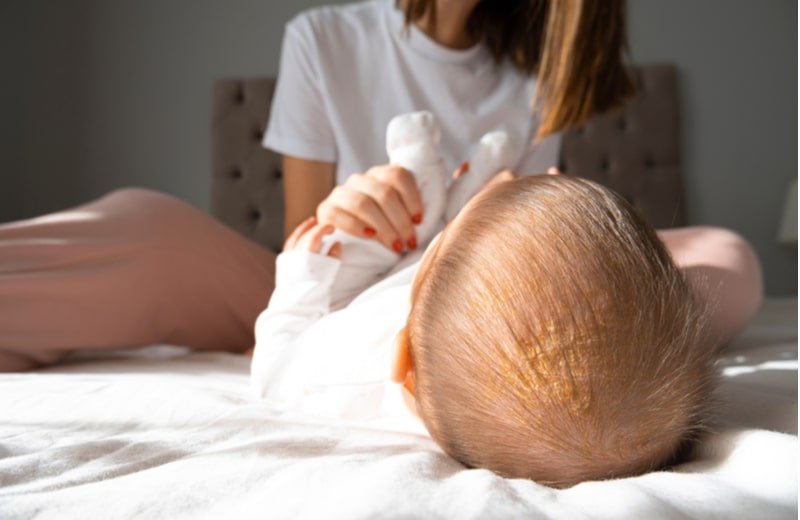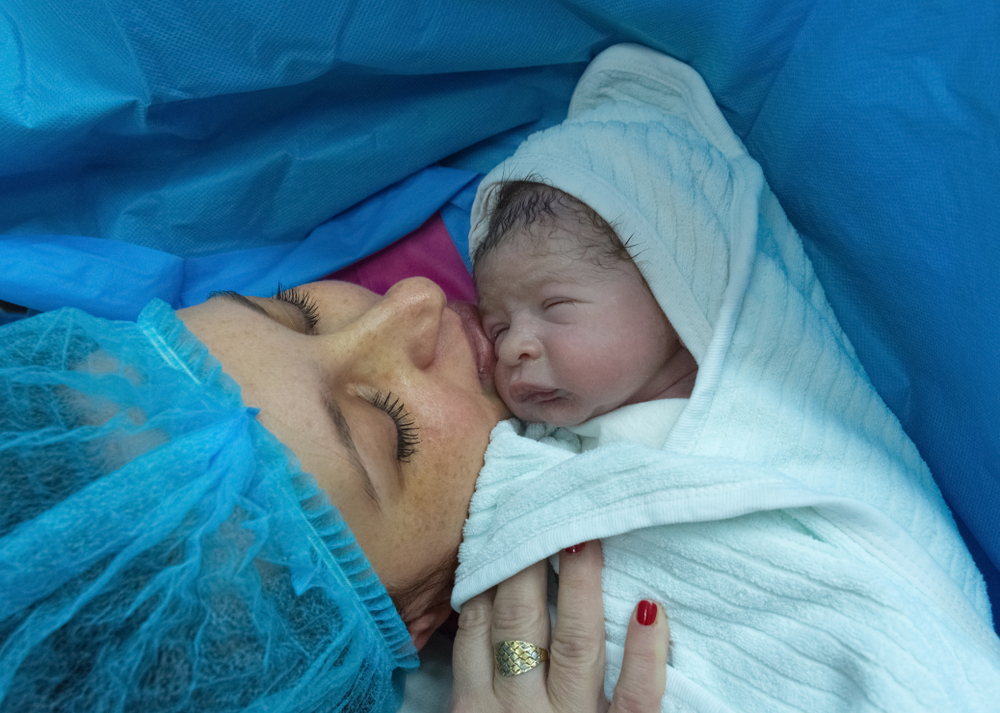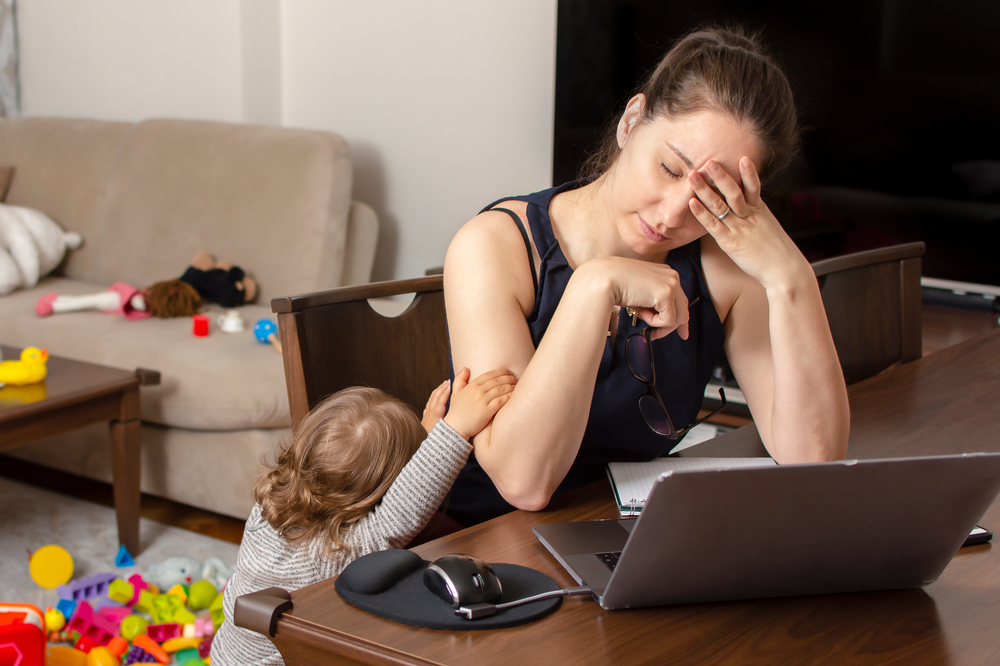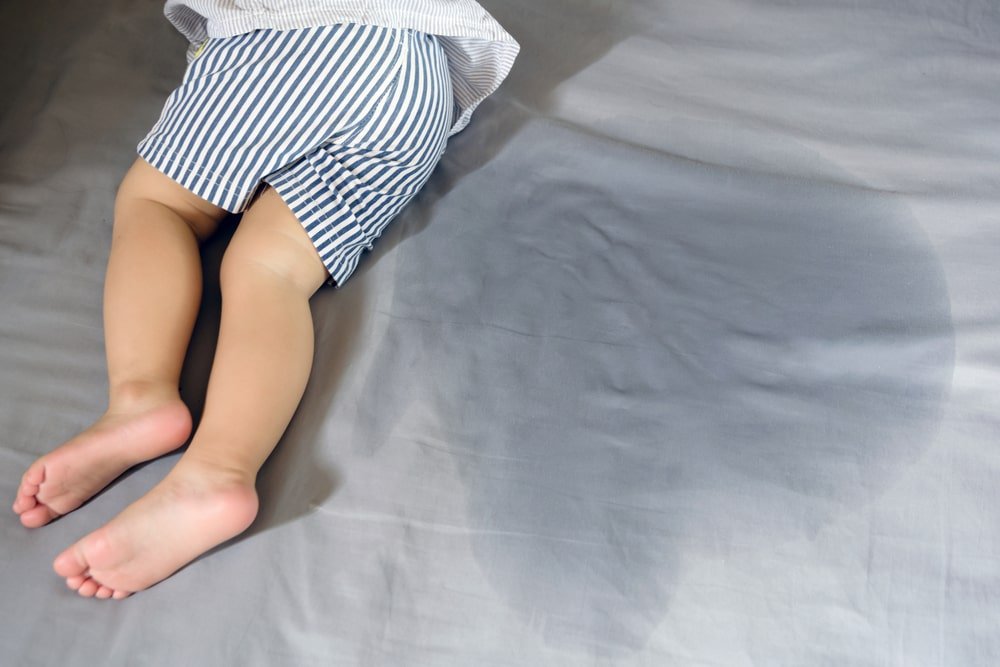Children's Health
Chickenpox: Symptoms, treatment and prevention
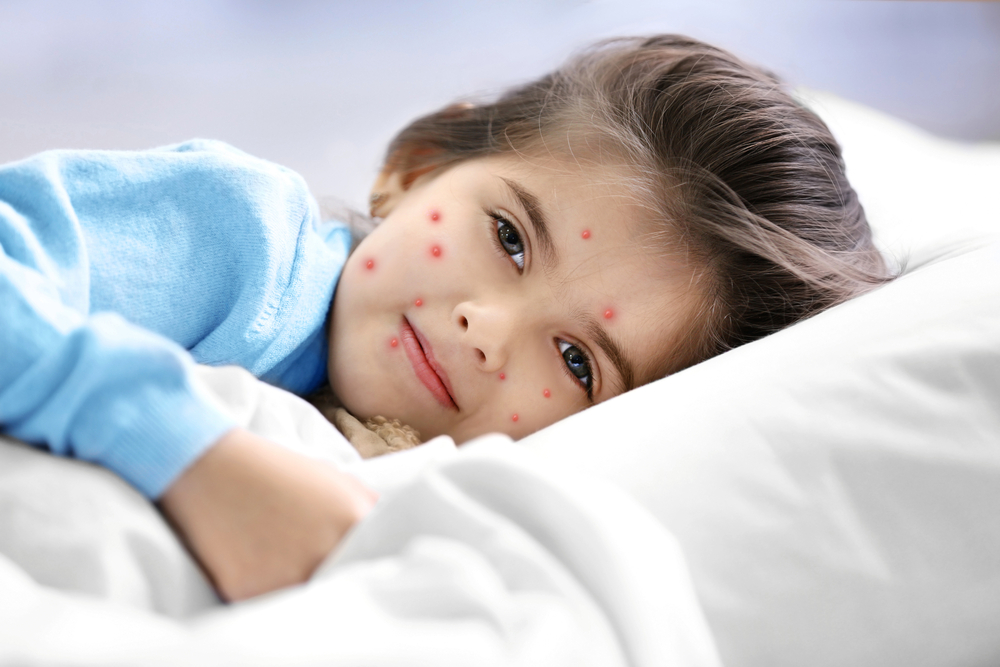
By: Dr. Maha Al- Muhtaseb, Pediatrician.
Many people remember either having chickenpox or seeing it on someone else. The itchy, red bumps caused by the chickenpox virus are hard to miss.
Before the vaccine became available in 1995, more than 90 percent of people had the infection by the time they were 15 years old.
Today thanks to the varicella vaccine chickenpox is relatively rare with a decrease in morbidity and mortality in all age groups.
Varicella zoster virus is a Herpes virus which causes primary chickenpox disease and can linger in your body for years and cause a painful rash Herpes zoster (shingles) Chickenpox is a mild illness but can cause sever disease in infants and immune compromised of any age group.
How is it transmitted?
If you have not had chickenpox or varicella vaccine you can acquire the virus by direct contact with infected person either by airborne saliva droplets or by direct skin contact even from adults or children who have Herpes Zoster.
Transmission to household contacts reaches 65-85 % It has an incubation period of 10 to 21 days before the skin lesions appear.
Chickenpox symptoms
The first symptoms of chickenpox usually include:
-
Fever.
-
Feeling sick.
-
Sore throat.
-
Loss of appetite.
The next day chickenpox starts as a cluster of small, usually itchy red blisters that swell with fluids and eventually pop and then dry up, crust and form scabs between 3-7 days and fall off after a week or two and may leave marks on the skin that take time to fade.
The rash tends to form on different parts of your body and a new cluster of blisters appear for few days.
When is the infected contagious?
The person is contagious 2 days before the rash until the last of bumps have completely scabbed over.
The virus stays dormant in the axons of the dorsal root ganglia through-out spinal cord and reactivation causes latent herpes zoster as vesicular rash along a nerve distribution.
Most people get life long immunity to chickenpox but rarely a person can develop chickenpox a second time.
Tips for patient care
-
Families should be instructed to bathe the child regularly and to cut nails short or wear mittens to reduce itching and so prevent secondary infection and scaring.
-
children with chickenpox should avoid non immune pregnant women, unimmunized young infants and others with immune deficiency or anybody taking steroids or chemotherapy.
-
Consultation of your physician should be arranged so as not to infect other people at the doctor’s office as you may come to clinic when all patients have gone.
Ways of treatment
There are 2 types of treatment those that ease the symptoms and those that target the infection
-
Managing symptoms
Simple treatment to ease fever by acetaminophen while aspirin is dangerous and should be avoided and for itching antihistamines are prescribed and calamine lotion applies to the skin to decrease itching than may cause skin infection and scaring.
-
Targeting the infection
Chickenpox can be treated with anti-viral drugs like Acyclovir which can help shorten the duration and decrease the rash if started within 24 hours of the rash and is recommended for children older than 12 years or children who are immune compromised or have chronic illness.
Complications to chickenpox can include: Skin infection, Pneumonia, Encephalitis, inflammation of the brain, and Hepatitis
Can chickenpox be prevented?
Yes, make sure that your child took the vaccine by checking the national vaccination program in your country Varicella vaccine is a live virus given between 12 to 15 months and a second shot when they are 4 to 6 years old.
Children younger than 13 years if not immune should take two doses of the vaccine at least three months apart.
Adults and children over 13 years need two doses at least four weeks apart.
Preventing infection after exposure for those who have not had chickenpox or unvaccinated is by immediate medical consultation and the varicella vaccine can be given and if it cannot be taken as in some cases varicella immunoglobulin can temporarily protect you from becoming infected Rarely people who get the vaccine might get mild chickenpox.
Chickenpox during pregnancy
If mother is not immune chickenpox can lead to complications such as pneumonia in the mother or rarely birth defects in the baby.
Chickenpox is very dangerous for newborn babies.


